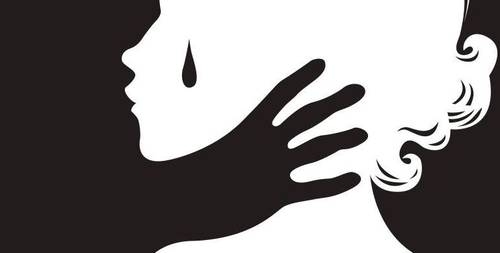Hope is arguably the most important of all the survivalist traits that have pushed mankind from being simple-minded primates to the most dangerous apex predators on the planet. However, as an emotion, hope has long been typecast into a positive connotation. It has also been seriously misinterpreted throughout our lives. Hope persists in the great struggle of life and is often perceived as the spiritual antithesis of the great equalizer - death.
Various arguments made by intellectuals throughout history have perceived hope as a catalyst towards attaining happiness and ultimately guiding us closer to our purpose or to achieve übermensch. However, with the advent of the Industrial Age, the power dynamics of society has faced a paradigm shift. This shift has accelerated the assimilation of classical philosophy of the Greeks and the Romans, with western ideals giving rise to the dynamic modern philosophy that we study today. This massive change has given further comprehensive evidence and diversified the view of abstract concepts once thought to be absolute.
In the modern era, hope is rightfully seen in a greyer sense. In existential nihilism, hope is considered to be a futile idea or outright repulsive. Materialists welcome hope, while minimalists do not seem to care. Hope is also considered to be a deterrent to the natural cycle of life, as one may aimlessly waste life in the pursuit of something meaningless, with vigour and hope at the helm. The very fact that hope often results in the death of hard work has long been a debated topic.
Nevertheless, hope, like all entities, must be managed with caution. For one who is too hopeful or absolutely hopeless, life loses all sense, and the mind of such an individual harbours the graveyard of logic and truth. One must abandon Occam’s Razor perspective and open their minds to different perspectives and experiences. For that is the paradoxical nature of hope: we will fail to understand its proper use without utilizing it ourselves.





